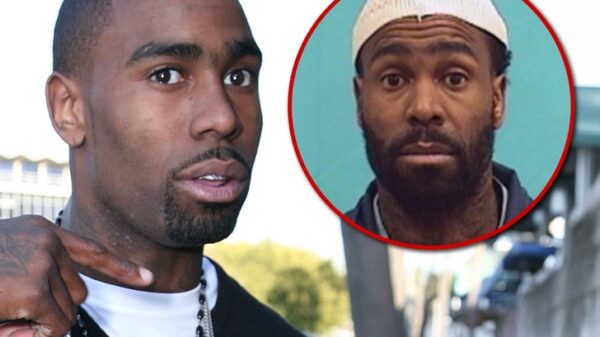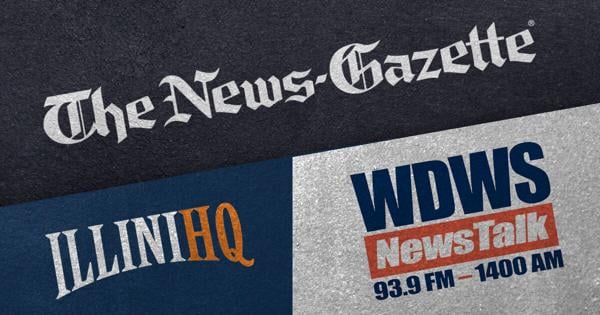The political landscape in the United States has taken a contentious turn as former President Donald Trump asserts greater federal control over Washington, D.C. Amid ongoing debates about rising crime rates, Trump has intervened by deploying National Guard troops and federal agents to the capital. This move raises concerns about the implications for local governance and potential overreach of federal authority.
Due to Washington, D.C.’s home-rule status, Trump possesses the legal authority to command its National Guard and can also federalize the Metropolitan Police Department. Recent developments include the deployment of agents from Customs and Border Patrol, Immigration and Customs Enforcement, and the FBI. In addition, various states have begun sending an additional 1,000 National Guard troops to assist in the capital, all of whom are now authorized to carry weapons.
Critics argue that crime rates in D.C. are lower than those in many states that support Trump’s policies, raising questions about the necessity of such an extensive federal presence. As Trump has indicated plans to extend the federal deployment beyond the initial 30-day period, many are left questioning whether this action is genuinely aimed at crime reduction or if it serves a different political agenda.
The funding for local law enforcement has also come under scrutiny. Trump has been urged to reinstate the $1 billion cut from the D.C. police budget, which was intended for officer training, mental health crisis response, substance abuse programs, and community violence intervention initiatives. Advocates argue that these resources would more effectively contribute to reducing crime rather than a heightened police presence focused on apprehending individuals without due process.
Moreover, Trump’s rhetoric has raised alarm bells regarding potential expansions of federal interventions into other cities, particularly those with Democratic leadership, such as Chicago. His approach is seen by many as an attempt to shift the political narrative, with the New York Times describing this as extending the “Overton Window,” where ideas once considered radical can become mainstream.
In light of these developments, concerned citizens are encouraged to protest peacefully. There is a growing sentiment that normalizing such federal interventions could have long-lasting implications for democracy and civil liberties in the United States. The situation in Washington serves as a critical reminder of the ongoing struggle over the balance of power between local governance and federal authority.







































































